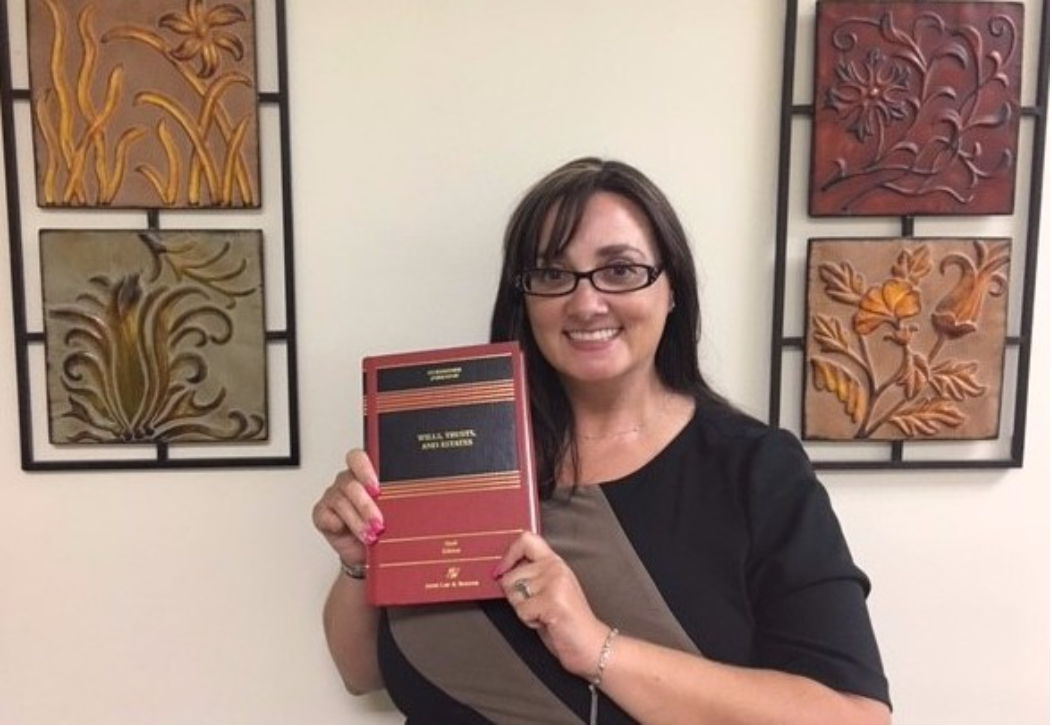There are many ways to go about debt negotiations, including lump sum settlements and debt consolidation. At McDonald Law Group, we have obtained favorable results for many debtors through lump sum settlements. In this process, the creditors agree to different loan repayment terms. In most cases, the debtor will need to have a certain amount of funds available to settle, but we have helped many clients work through this requirement. After you and your creditor agree upon a lower debt amount, you will no longer owe the full amount to your creditor.
Creditors are open to entering into debt settlements because it allows them to recoup a guaranteed amount of the debt in a shorter period of time. If the debtor files for bankruptcy, the creditor may not receive any debt repayment, particularly if the debt is unsecured. In other words, a debt settlement turns a potentially noncollectable debt into a payment.
There are some situations in which a lump sum settlement may be the best option for a debtor. This typically occurs when the debtor has assets that cannot be protected through bankruptcy exemptions. In general, bankruptcy exemptions allow the debtor to protect a certain value of an asset, sometimes up to the full value. This prevents the bankruptcy trustee from selling this asset in order to satisfy your debts. Additionally, credit card debts are well suited for debt settlement because they are unsecured debts typically provided by private entities, which have more leeway to settle than government loan providers.
It should be noted that a debtor pursuing debt negotiation will be required to pay taxes on the amount of debt greater than $600 that is reduced from the debtor’s total outstanding obligation. The IRS views this forgiven debt as income. After the negotiation has been finalized, the debtor will receive a Form 1099 to report the amount of forgiven debt with his or her income tax filing. It is highly recommended that you seek out advice from a tax professional regarding how this can affect you specifically.
If you are ready to get on the other side of debt, give McDonald Law Group a call today - 702-448-4962.




